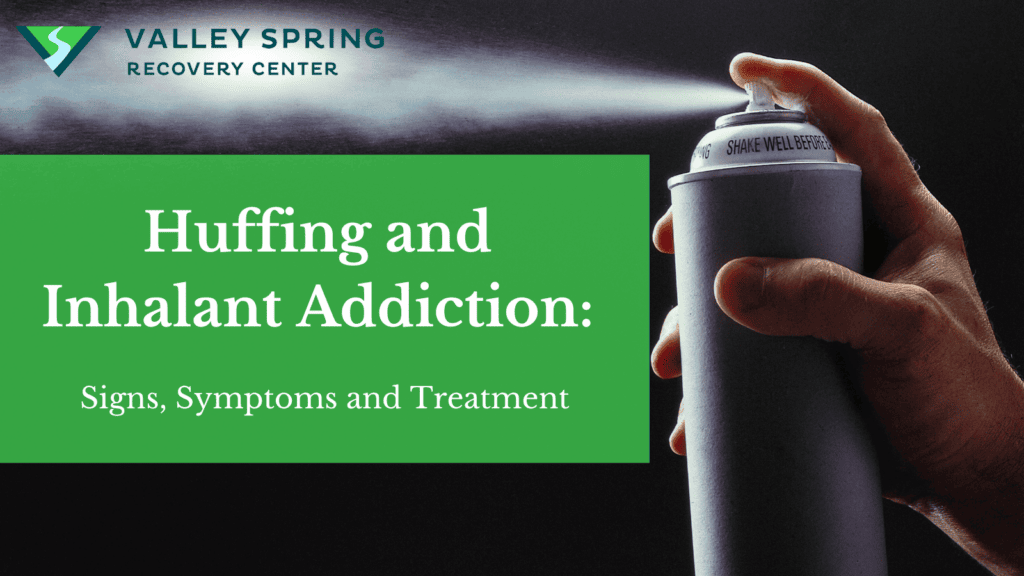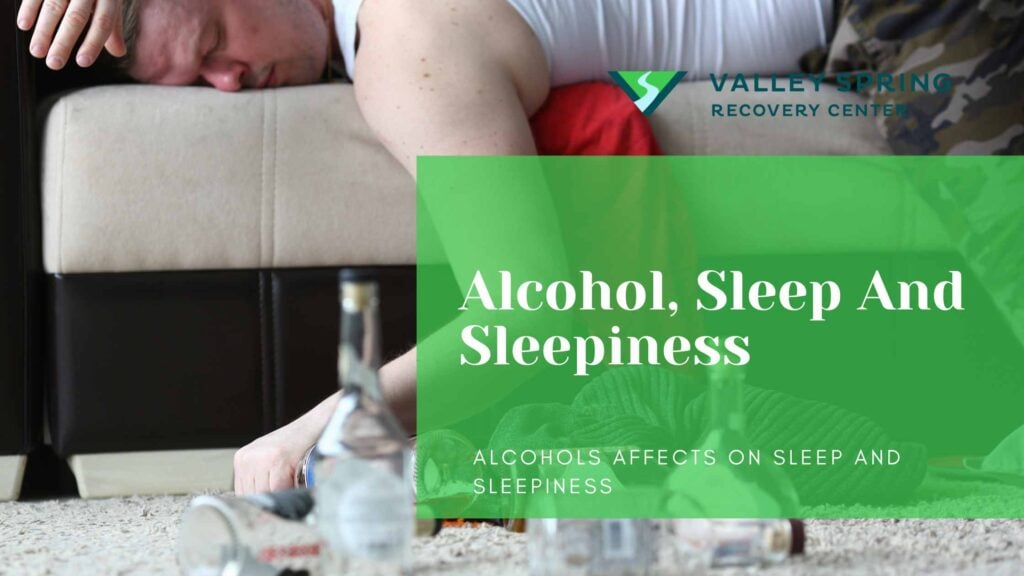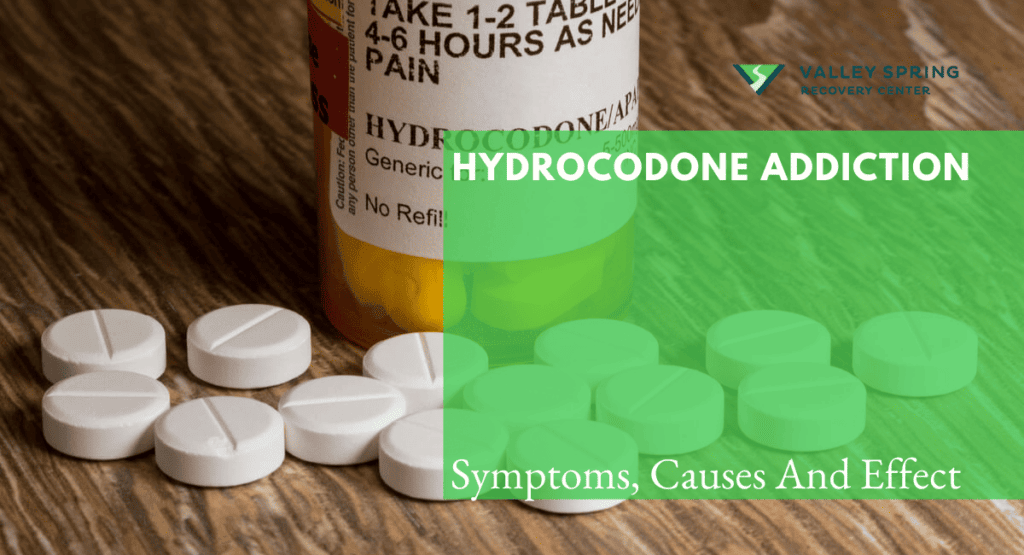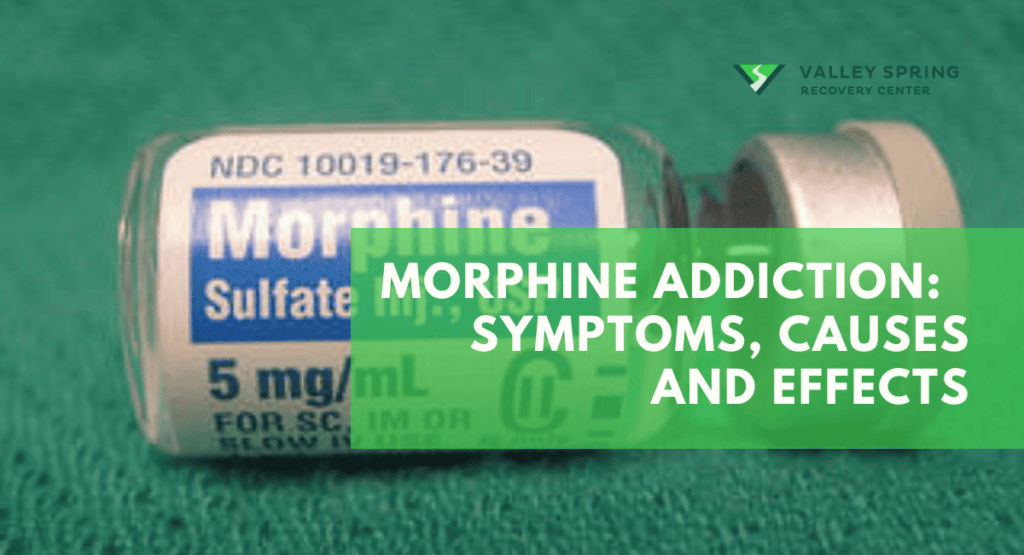Benzodiazepine addiction is a serious and growing concern in the realm of substance abuse. Benzodiazepines are a class of psychoactive drugs that act as central nervous system depressants, commonly prescribed for anxiety, insomnia, and other conditions.
Understanding the signs, symptoms, and statistics surrounding benzodiazepine addiction is crucial, as it can help identify and address this escalating public health issue.
What is a Benzodiazepine?
Benzodiazepines, often referred to as “benzos,” are a class of psychoactive drugs that act as central nervous system depressants. These medications are commonly prescribed to treat conditions such as anxiety, insomnia, seizures, and muscle spasms due to their calming and sedative effects.
Notable examples include diazepam (Valium), alprazolam (Xanax), and lorazepam (Ativan). However, they also carry a risk of addiction and misuse when not used as directed by a medical professional.
What Are The Symptoms of Benzodiazepine Addiction?
The symptoms of benzodiazepine addiction encompass a range of physical, behavioral, and emotional indicators that collectively signal the presence of a substance use disorder requiring prompt attention and treatment.
- Increased tolerance to the drug
- Occasional cravings for benzodiazepines
- Occasional episodes of using higher doses than prescribed
- Mild mood changes or increased anxiety
- Social or recreational use of benzodiazepines
- Occasional withdrawal symptoms when the drug is not used.
- Severe tolerance, requiring significantly higher doses for effects
- Compulsive, daily use of benzodiazepines
- Intense cravings for the drug
- Impaired ability to fulfill daily responsibilities
- Severe mood disturbances and anxiety
- Multiple failed attempts to quit or reduce use
- Dangerous or reckless behaviors while under the influence
- Physical health problems due to long-term use
- Social isolation and strained relationships
- Financial and legal consequences related to drug use.
What Are The Causes Of Benzodiazepine Addiction?
- Prescription and Medical Use: Benzodiazepines are often prescribed by healthcare providers to manage anxiety, insomnia, and other conditions. Prolonged medical use can lead to physical dependence, increasing the risk of addiction.
- Tolerance: With prolonged use, individuals may develop tolerance to benzodiazepines, requiring higher doses to achieve the same effects. This can lead to escalating use and addiction.
- Polydrug Use: Combining benzodiazepines with other substances, such as opioids or alcohol, is common and can increase the risk of addiction and overdose.
- Mental Health Conditions: People with underlying anxiety or mood disorders may be more susceptible to benzodiazepine addiction, as they may find the calming effects of these drugs especially appealing.
- Ease of Access: Benzodiazepines are readily available through legal prescriptions, and they are sometimes obtained illegally on the black market, making them accessible to a wide range of individuals.
- Self-Medication: Some individuals use benzodiazepines to self-medicate for stress, anxiety, or emotional issues, leading to misuse and dependence.
- Psychological Factors: Factors like a history of trauma, addiction in the family, or a desire for escape can contribute to benzodiazepine addiction.
- Lack of Education: Limited awareness of the potential risks and addictive nature of benzodiazepines can lead to their misuse.
- Withdrawal Challenges: Fear of withdrawal symptoms, which can be intense, can keep individuals using benzodiazepines even when they want to quit.
- Relief from Discomfort: Benzodiazepines can provide quick relief from symptoms like anxiety or insomnia, which can reinforce their use as a coping mechanism.
- Peer Influence: Social circles and peer pressure can play a role in the initiation and continuation of benzodiazepine use.
- Prescribing Practices: Variations in prescribing practices by healthcare providers, including overprescribing or long-term prescribing, can contribute to addiction.
- Co-Occurring Disorders: Individuals with co-occurring substance use disorders or mental health conditions may be at higher risk of benzodiazepine addiction.
What Are The Effects of Benzodiazepine Addiction?
Below are signs and symptoms that can aid in recognizing benzodiazepine addiction for early intervention and effective treatment.
- Increased Tolerance: Needing higher doses of benzodiazepines to achieve the desired effects or experiencing reduced effectiveness at usual doses.
- Withdrawal Symptoms: Experiencing withdrawal symptoms when attempting to reduce or stop benzodiazepine use. These symptoms may include anxiety, irritability, insomnia, and physical discomfort.
- Compulsive Use: A persistent and overwhelming urge to use benzodiazepines, even when it’s causing problems in one’s life, such as at work or in personal relationships.
- Loss of Control: Inability to control the frequency or amount of benzodiazepine use, often taking more than intended or using for longer periods.
- Neglecting Responsibilities: Failing to fulfill obligations at work, school, or home due to benzodiazepine use or a decline in performance and commitment to responsibilities.
- Social Isolation: Withdrawing from social activities, hobbies, and relationships in favor of benzodiazepine use.
- Physical Symptoms: Experiencing physical symptoms such as drowsiness, slurred speech, unsteady gait, or coordination difficulties when using benzodiazepines.
- Psychological Changes: Mood swings, depression, or increased anxiety, especially when not using benzodiazepines.
- Doctor Shopping: Visiting multiple doctors or obtaining prescriptions from different sources to obtain more benzodiazepines.
- Craving: Intense cravings for benzodiazepines, often leading to preoccupation with obtaining and using the drug.
- Financial Problems: Experiencing financial difficulties due to spending a significant amount of money on acquiring benzodiazepines.
- Denial: Minimizing or denying the extent of benzodiazepine use or the problems it’s causing.
Benzodiazepine addiction can be effectively treated through therapy, counseling, and, in some cases, medication-assisted treatment to manage withdrawal and cravings.
What Are The Withdrawal Challenges For Benzodiazepines?
Withdrawal from benzodiazepine addiction can be particularly challenging and is considered by many doctors to be more dangerous to withdrawal from than other drugs because of the high risk of siezure and protracted withdrawal symptoms. Here is a comprehensive list of withdrawal symptoms:
- Severity of Symptoms: Benzodiazepine withdrawal symptoms can be intense and distressing, often including severe anxiety, panic attacks, insomnia, muscle spasms, and even seizures. These symptoms can be psychologically and physically debilitating.
- Protracted Withdrawal: Unlike many other substances, benzodiazepine withdrawal symptoms can persist for an extended period, sometimes lasting weeks or months. This protracted withdrawal phase, also known as post-acute withdrawal syndrome (PAWS), can involve mood swings, cognitive impairments, and ongoing anxiety.
- Risk of Seizures: Abrupt cessation of high-dose benzodiazepine use can lead to life-threatening seizures. This risk necessitates careful medical management during withdrawal.
- Dependence on the Drug: Benzodiazepines are known for their strong potential to create physical and psychological dependence. Users may find it extremely challenging to cope with the absence of a drug they have relied on for an extended period.
- Rebound Anxiety and Insomnia: Many individuals who have used benzodiazepines for anxiety and sleep disorders experience a rebound effect during withdrawal, where their original symptoms return, often more intensely than before.
- Psychological Impact: Benzodiazepine withdrawal can be mentally taxing, leading to mood disturbances, depression, and a sense of hopelessness. These psychological symptoms can increase the risk of relapse.
- Complexity of Tapering: The most recommended approach to benzodiazepine withdrawal is a gradual tapering of the drug under medical supervision. Even with a tapering schedule, individuals may experience withdrawal symptoms, making it challenging to adhere to the plan.
- Co-Occurring Conditions: Many people with benzodiazepine addiction have co-occurring mental health conditions, such as anxiety or depression, which can complicate the withdrawal process.
- Lack of Understanding: Misunderstanding about benzodiazepine withdrawal among healthcare professionals and the general public can lead to inadequate support and treatment for those attempting to quit.
- Relapse Risk: The difficulty of benzodiazepine withdrawal, combined with the relief that the drug provides from withdrawal symptoms, can increase the risk of relapse during the withdrawal process.
Given these challenges, it’s crucial for individuals seeking to overcome benzodiazepine addiction to do so under the guidance of healthcare professionals who can provide appropriate medical and psychological support throughout the withdrawal and recovery journey.
How Do People Consume Benzodiazepines
Benzodiazepines are typically prescribed by medical professionals and should be taken exactly as directed. They come in various forms and are usually consumed orally, but there are different methods of consumption, including:
- Oral Tablets or Capsules: This is the most common and recommended method of consumption. Benzodiazepines are typically available in tablet or capsule form, and patients are instructed to swallow them with water.
- Oral Liquid: Some benzodiazepines are available in liquid form for patients who have difficulty swallowing tablets or capsules. The liquid is usually measured with a dropper or syringe and taken orally.
- Sublingual Tablets: Certain benzodiazepines, like sublingual lorazepam (brand name Ativan), are designed to dissolve quickly under the tongue. This method allows for faster absorption into the bloodstream and is often used for acute anxiety or panic attacks.
- Buccal Administration: In some cases, benzodiazepines can be administered by placing a tablet between the gums and cheek. This allows for absorption through the mucous membranes in the mouth.
- Intravenous (IV) Injection: In a medical setting, healthcare providers may administer benzodiazepines intravenously for rapid and precise control of symptoms, such as in the case of severe anxiety or seizures. This method is not for self-administration and should only be done by healthcare professionals.
It’s essential to emphasize that using benzodiazepines in ways other than those prescribed by a healthcare provider or for non-medical purposes can be dangerous and is associated with a higher risk of dependence, addiction, and adverse side effects.
Always follow your doctor’s instructions and consult with them if you have any questions or concerns about how to take your prescribed medication.
How Does Benzodiazepine Affect the Brain?
Benzodiazepines, a class of sedative medications, exert their effects on the brain by enhancing the activity of gamma-aminobutyric acid (GABA), a neurotransmitter that inhibits brain activity, leading to relaxation, reduced anxiety, and sedation.
What Is The Prevalence of benzodiazepine Addiction?
The prevalence of benzodiazepine addiction has become a significant concern in modern society, with increasing numbers of individuals grappling with the consequences of dependence on these sedative medications.
- Prevalence: Benzodiazepine addiction was a global concern, with varying rates in different regions. In some countries, there was a notable increase in the prescription and misuse of benzodiazepines. (WebMD)
- Dependency: Benzodiazepines were known to be highly addictive, and a significant portion of users developed dependence on these medications, leading to withdrawal symptoms upon cessation.
- Overdose: Benzodiazepine overdoses, particularly when combined with other substances like opioids, were a cause for concern. These overdoses sometimes resulted in hospitalization or fatalities.
- Treatment: Access to treatment for benzodiazepine addiction varied by region, and many individuals faced challenges in seeking help.
- Prescription Rates: The U.S. had one of the highest prescription rates for benzodiazepines in the world. Many individuals received prescriptions for conditions like anxiety, insomnia, and panic disorders. (NCBI)
- Misuse and Dependence: A substantial portion of benzodiazepine users in the U.S. misused these medications, often by taking them without a prescription or in ways not prescribed by a healthcare professional. This led to dependence and addiction issues. (NCBI)
- Treatment: Access to treatment for benzodiazepine addiction varied across the country, and not all individuals with addiction issues were able to access the help they needed.
How Was Benzodiazepine Developed (Historical Background)?
The historical background of benzodiazepines is characterized by significant developments in the field of pharmacology and mental health treatment. Here’s an overview:
- Discovery and Early Development: The story begins in the late 1950s when the Swiss chemist Leo Sternbach, working for Hoffmann-La Roche, discovered chlordiazepoxide (marketed as Librium). This accidental discovery led to the development of the first benzodiazepine, which exhibited anxiolytic (anxiety-reducing) and sedative properties.
- Introduction of Librium: In 1960, Librium became the first benzodiazepine to be introduced to the pharmaceutical market. It was initially seen as a safer alternative to the previously widely used barbiturates for managing anxiety and tension.
- Valium (Diazepam): A few years later, in 1963, Roche introduced diazepam, better known as Valium. Valium quickly became one of the most prescribed medications globally due to its effectiveness in treating anxiety, muscle spasms, and insomnia.
- Expanding Class of Drugs: The success of Valium spurred the development of additional benzodiazepines, including lorazepam (Ativan), alprazolam (Xanax), and clonazepam (Klonopin), among others. Each of these drugs was designed to target specific medical conditions.
- Widespread Use and Concerns: Throughout the 1960s and 1970s, benzodiazepines gained widespread use for various mental health issues. However, concerns about their potential for dependence, tolerance, and withdrawal symptoms began to emerge.
- Regulatory Changes: As awareness of the risks associated with long-term benzodiazepine use grew, regulatory authorities implemented stricter guidelines for their prescription and use. Medical professionals became more cautious about prescribing them for extended periods.
- Continued Relevance and Research: Despite ongoing concerns, benzodiazepines remain a relevant class of medications for treating conditions like anxiety, panic disorders, and insomnia. Research into their effects and potential alternatives continues.
- Recognition of Addiction and Withdrawal: The medical community and the public have become more aware of the risk of benzodiazepine addiction and withdrawal, leading to greater emphasis on responsible prescribing and patient education.
The historical background of benzodiazepines is marked by their discovery as safer alternatives to barbiturates, their rapid rise in popularity, and subsequent concerns about their potential for misuse and addiction.
These drugs continue to play a significant role in mental health treatment, but their use is now carefully monitored and regulated to mitigate risks.
Valley Springs Recovery Is Only A Phonecall Away
What Treatment Options Are Available For Benzodiazepine Addiction?
Treatment options for benzodiazepine addiction encompass a range of approaches designed to address the physical, psychological, and behavioral aspects of addiction, offering individuals a path toward recovery and improved well-being.
Inpatient treatment for benzodiazepine addiction involves a structured and immersive approach to addiction recovery. Here’s an overview of what it involves and its success rates:
What it Involves:
- Assessment: The treatment process often begins with an assessment by healthcare professionals to determine the severity of addiction and any co-occurring mental health conditions.
- Medical Detoxification: Inpatient treatment typically begins with a medically supervised detoxification process. This phase aims to safely manage withdrawal symptoms, which can be severe in the case of benzodiazepine addiction. Medical professionals monitor and provide medications when necessary to ease withdrawal.
- Structured Environment: Inpatient programs provide a highly structured and controlled environment. Patients reside within the treatment facility throughout the program’s duration, eliminating access to drugs and alcohol.
- Therapy and Counselling: Inpatient treatment offers a wide range of therapeutic interventions, including individual counseling, group therapy, and cognitive-behavioral therapy (CBT). These therapies help individuals address the underlying causes of their addiction and develop healthier coping strategies.
- Peer Support: Patients in inpatient treatment often benefit from peer support and group therapy sessions, providing them with a sense of community and the opportunity to share experiences and insights with others facing similar challenges.
- Education: Educational sessions about addiction, relapse prevention, and life skills are typically integrated into the program to empower individuals with knowledge and tools for sustainable recovery.
- Medical and Mental Health Care: Comprehensive healthcare, including physical and mental health assessments, is provided to address any co-occurring conditions or health issues that may contribute to addiction.
- Aftercare Planning: As inpatient treatment nears completion, the focus shifts to developing an aftercare plan to support individuals in their transition back to daily life. This may involve outpatient therapy, 12-step programs, or other forms of ongoing support.
- Individual and Group Therapy: Outpatient programs typically include individual counseling, group therapy sessions, and specialized therapeutic approaches. These sessions focus on addressing the psychological and behavioral aspects of addiction and building coping skills.
- Medication Management: In some cases, individuals may be prescribed medication to manage withdrawal symptoms, cravings, or co-occurring mental health conditions. This is particularly relevant in benzodiazepine addiction.
- Flexible Schedule: Outpatient treatment offers a more flexible schedule, allowing participants to continue with work, school, or other daily responsibilities. Sessions may occur during evenings or weekends.
- Family Involvement: Family therapy and involvement may be encouraged to address family dynamics and provide a supportive environment for recovery.
- Random Drug Testing: To monitor progress and ensure compliance with the treatment plan, outpatient programs may include random drug testing.
- Education: Participants receive education on addiction, relapse prevention strategies, and life skills to support their recovery.
What Is The Importance of Support Systems?
The importance of support systems when dealing with benzodiazepine addiction cannot be overstated.
Addiction is a complex and challenging struggle, and having a network of friends, family, and professionals who offer emotional, practical, and therapeutic support can make a significant difference in an individual’s recovery journey.
Support systems provide encouragement, understanding, and a sense of accountability, helping individuals navigate the difficulties of withdrawal, cravings, and the psychological aspects of addiction.
They also play a crucial role in linking individuals to treatment resources and reinforcing the commitment to long-term recovery, ultimately increasing the chances of successfully overcoming benzodiazepine addiction.
Final Thoughts On benzodiazepine Addiction
Benzodiazepine addiction is a complex issue with significant physical, psychological, and social implications. Recognizing the signs, seeking help, and understanding treatment options are crucial steps in addressing this addiction.
Recovery is possible with the right support, treatment, and determination, emphasizing the importance of seeking professional help and building a strong support network to regain control of one’s life.
Sources
https://www.google.com/url?q=
https://www.webmd.com/mental-health/addiction/benzodiazepine-abuse&sa=U&ved=2ahUKEwjU89GQhK2BAxX5S0EAHWPxC0oQFnoECAMQAw&usg=AOvVaw0GAcbXbkpz7AirD3X0a9Hz
https://www.ncbi.nlm.nih.gov/pmc/articles/PMC6358464/https://www.ncbi.nlm.nih.gov/
https://www.ncbi.nlm.nih.gov/
https://en.wikipedia.org/wiki/Diazepam
Kristy Ashe
All author postsShare This Post










